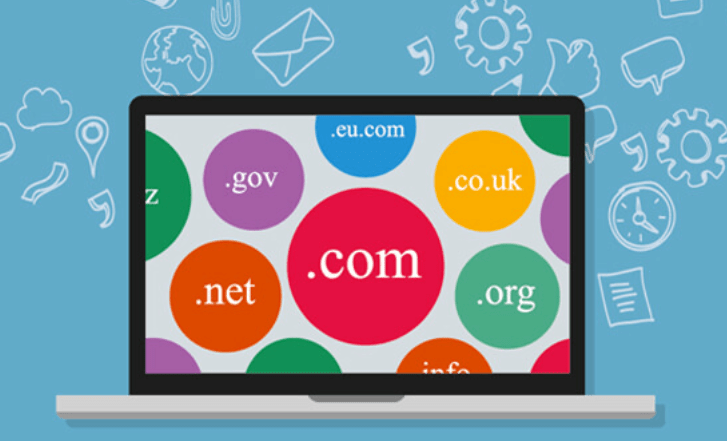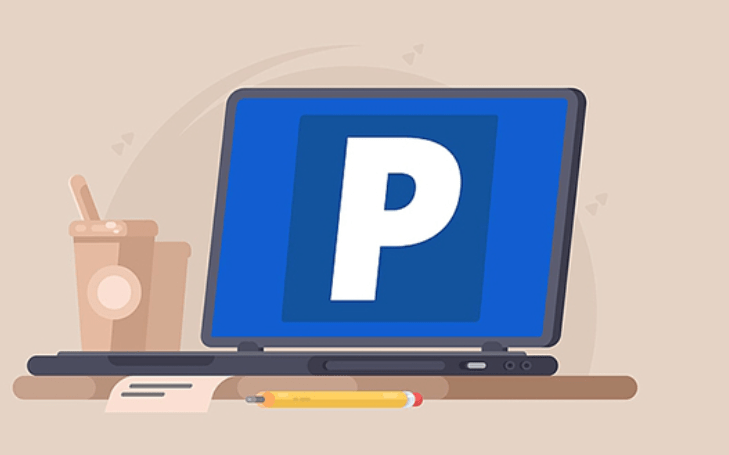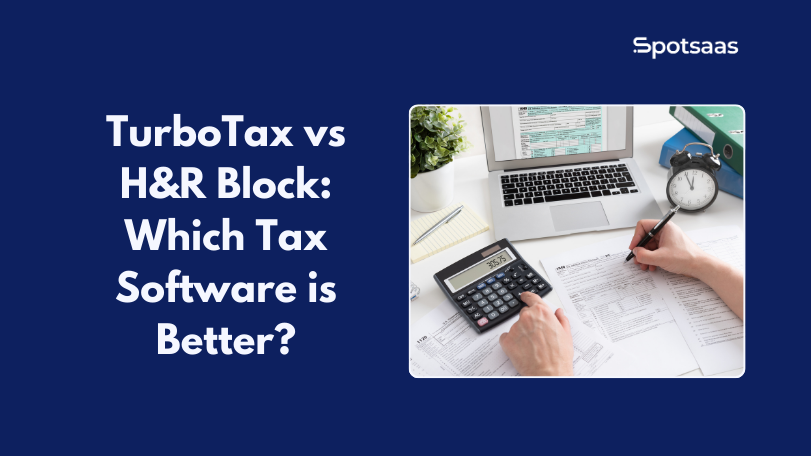Are you sitting on a domain name without linking it to any active website? If so, you’ve parked your domain. Surprisingly, these parked domains can serve a multitude of purposes, from brand protection to income generation.
This article introduces the concept of a parked domain, its uses and potential risks involved while suggesting ways to effectively manage yours. Curious yet? Read on to uncover the untapped potential of your idle online property!
Key Takeaways
- A parked domain is an unused or inactive domain that doesn’t have a website associated with it.
- Reasons for parking a domain include protecting valuable names, redirecting users to the main site, selling the domain, and keeping it before expiration.
- To park and buy a domain, identify the owner, negotiate the price, and consider using escrow services for secure transactions.
- Benefits of parking a domain include protecting valuable names and generating income through advertising or redirecting traffic. Drawbacks can include security risks and potential impact on search engine optimization (SEO).
- Alternatives to parking a domain include developing a website, selling or leasing the domain to others, redirecting it to an existing site, or using it for email hosting.
- Tips for successful domain parking include choosing reputable services, optimizing your page with keywords and content, regularly updating your page, monitoring performance with analytics tools, promoting through social media channels,
What is a Parked Domain?

A parked domain refers to an unused or inactive domain that is registered but does not have a website associated with it.
Definition and explanation
A parked domain is a name on the internet that does not link to any website or service. Someone owns it but is not using it for a site or email hosting. It has no web pages or content linked to it.
It’s like an unused plot of land online waiting for future use. This could be for making a website in the future, selling the domain, or earning money through ads. If not well-kept and safe, these domains can pose security risks.
They commonly serve as placeholders until someone makes a live website on them.
Reasons for Parking a Domain

– Protecting a valuable domain name, redirecting users to a primary domain, selling a domain, and keeping a domain before expiration are some common reasons for parking domains. Discover the benefits and drawbacks of parking a domain and explore alternatives in optimizing your unused or reserved domains.
Protecting a valuable domain name
Holding on to a domain name is like protecting a gold mine. A parked domain helps keep your special name safe from others. No one can snatch it while you plan its use or sale. It’s yours alone! This way, big companies and small owners shield their brand names too.
They stop fake sites or harmful uses of their names online before they happen. After all, buying many domains won’t hurt but losing even one might be costly! So, smart owners take action early and park domains for peace of mind.
Redirecting users to a primary domain
You can use a parked domain to point users to your main site. This way, you can catch more web traffic. For example, if you own a shoe store and have the domain “bestshoes.com”, you might also own “topshoes.com”.
If someone types “topshoes.com” into their browser, they will end up at “bestshoes.com”. Using parked domains this way helps keep all eyes on your main site. It’s smart for any business online.
Selling a domain
You can also sell a parked domain if you no longer have a need for it. Even though it’s not actively being used, there might be someone out there who wants to buy it. Selling a domain can help you make some money and recoup the initial investment.
You can identify potential buyers by doing research or using online marketplaces specifically designed for buying and selling domains. Once you find interested parties, negotiate the price and use escrow services to ensure a secure transaction.
By selling your parked domain, you can turn an unused asset into cash.
Keeping a domain before expiration
One important reason for parking a domain is to keep it before it expires. Sometimes, people register domains with the intention of using them in the future, but they are not ready to develop a website right away.
By parking the domain, they can secure it and ensure that no one else can take it during this time. This is especially important if the domain has valuable keywords or a brand name that needs protection.
It’s also a way to avoid losing potential visitors who might be searching for that particular domain. By keeping the domain parked, owners have time to plan and build their website without worrying about someone else snatching up their desired domain.
How to Park and Buy a Domain

To park and buy a domain, start by identifying the owner of the domain, then contact them to negotiate the price. Consider using escrow services for a secure transaction.
Identifying the owner
Parked domains are owned by someone, but it may not be easy to find out who the owner is. However, there are ways to identify the owner of a parked domain. One way is to perform a “whois” search using an online tool or website.
This will provide you with information about the domain’s registration, including the name and contact details of the owner. Another option is to reach out to the domain registrar and request information about the owner.
Keep in mind that some owners may choose to keep their information private, so it might not always be possible to get in touch with them directly.
Contacting and negotiating the price
To contact and negotiate the price for a parked domain, you need to first identify the owner of the domain. You can do this by performing a WHOIS search or checking the domain registration information.
Once you have the contact information, you can reach out to the owner and express your interest in purchasing the domain. Negotiating the price will depend on various factors such as the domain’s value, market demand, and seller’s willingness.
It’s important to be respectful and professional during negotiations to come to a mutually beneficial agreement. If both parties agree on a price, using escrow services can provide security for both buyer and seller throughout the transaction process.
Using escrow services
Escrow services can be helpful when buying or selling a parked domain. These services act as intermediaries, holding the funds until both parties are satisfied with the transaction.
This helps protect both the buyer and the seller from fraud or scams. By using an escrow service, you can ensure that your payment is safe and that you receive the domain name as promised.
Some popular escrow services include Escrow.com and Sedo.com, which provide secure transactions for domain purchases. It’s important to use trusted escrow services to avoid any potential risks when dealing with valuable domains.
Should You Park Your Domain?

Explore the benefits, drawbacks, and alternatives to domain parking and make an informed decision about maximizing the value of your unused domains. Read on to learn more!
Benefits and drawbacks of parking a domain
A parked domain has its advantages and disadvantages. Here’s a rundown of some of the prominent pros and cons of parking a domain:
| Benefits | Drawbacks |
|---|---|
| Protects a valuable domain name from being registered by others. | Parked domains can be a security risk if not properly managed and secured. |
| Can be used for future development or resale. | They lack associated web pages or content, making them appear inactive. |
| Often used as placeholders or landing pages until a website is developed. | Their inactive status may negatively impact search engine optimization (SEO). |
| Potential to generate income through advertising or redirecting traffic to other websites. | Some users may view parked domains as unprofessional or suspect of phishing activity. |
When deciding whether to park a domain, it’s important to weigh these factors. Consider the potential security risks, the utility of a placeholder page, and the potential income from advertising or redirecting traffic before making a decision.
Alternatives to parking a domain
There are alternatives to parking a domain if you don’t want to leave it unused. Here are some options:
- Develop a website: Instead of parking the domain, you can create a website with content and functionality. This allows you to use the domain for a specific purpose or business.
- Sell the domain: If you no longer need the domain or have plans for it, you can sell it to someone else who may find value in it. There are online marketplaces where you can list your domain for sale.
- Lease the domain: Rather than selling the domain outright, you can lease it to another party. This allows them to use the domain for a designated period of time while still retaining ownership.
- Redirect to an existing website: If you already have an established website, you can redirect the parked domain to that site. This ensures that users who visit the parked domain will be directed to your primary website.
- Use for email hosting: Instead of having a separate email address associated with your primary website, you can use the parked domain for email hosting. This keeps all your online communications unified under one brand.
Tips for successful domain parking
Here are some tips to successfully park your domain:
- Choose a reputable domain parking service that offers security and good customer support.
- Optimize your parked page by adding relevant keywords and engaging content.
- Consider using an under construction message to let visitors know that the website is coming soon.
- Customize the design and layout of your parked page to make it visually appealing.
- Use advertising networks or affiliate programs to generate income from your parked domain.
- Regularly update your parked page with fresh content to attract search engine traffic.
- Monitor and analyze your parked domain’s performance using analytics tools to make improvements.
- Promote your parked domain through social media and other online channels to increase visibility.
- Keep an eye on the market for potential buyers if you’re planning to sell your parked domain in the future.
- Renew your parked domain before its expiration date to avoid losing ownership.
Conclusion
In conclusion, understanding what a parked domain is can be important for anyone who owns or plans to register a domain name. Knowing the benefits and drawbacks of parking a domain can help you make informed decisions about how to manage your unused or reserved domains.
Whether you want to protect valuable domain names, redirect users, sell domains, or just maintain ownership before expiration, knowing how to park and buy a domain can be valuable knowledge in the ever-evolving world of technology.
Frequently Asked Questions
What is a parked domain?
A parked domain is a registered website address that doesn’t have any content of its own but instead displays ads or redirects visitors to another website.
How can I tell if a website is a parked domain?
You can often identify a parked domain by visiting the website and seeing generic or unrelated content, excessive advertisements, or no actual information about the owner or purpose of the site.
Why do people create parked domains?
People may create parked domains to generate revenue from advertising clicks, temporarily hold a domain for future use, or prevent others from using similar domain names.
Why should I care about parked domains?
You should care about parked domains because they can sometimes be used for malicious purposes such as phishing scams, distributing malware, or deceptive advertising practices.
How can I protect myself from potential risks associated with parked domains?
To protect yourself from potential risks associated with parked domains, it’s advisable to avoid clicking on suspicious links displayed on these websites and ensure you have updated antivirus software installed on your device.


